You have a great idea! …Now what?
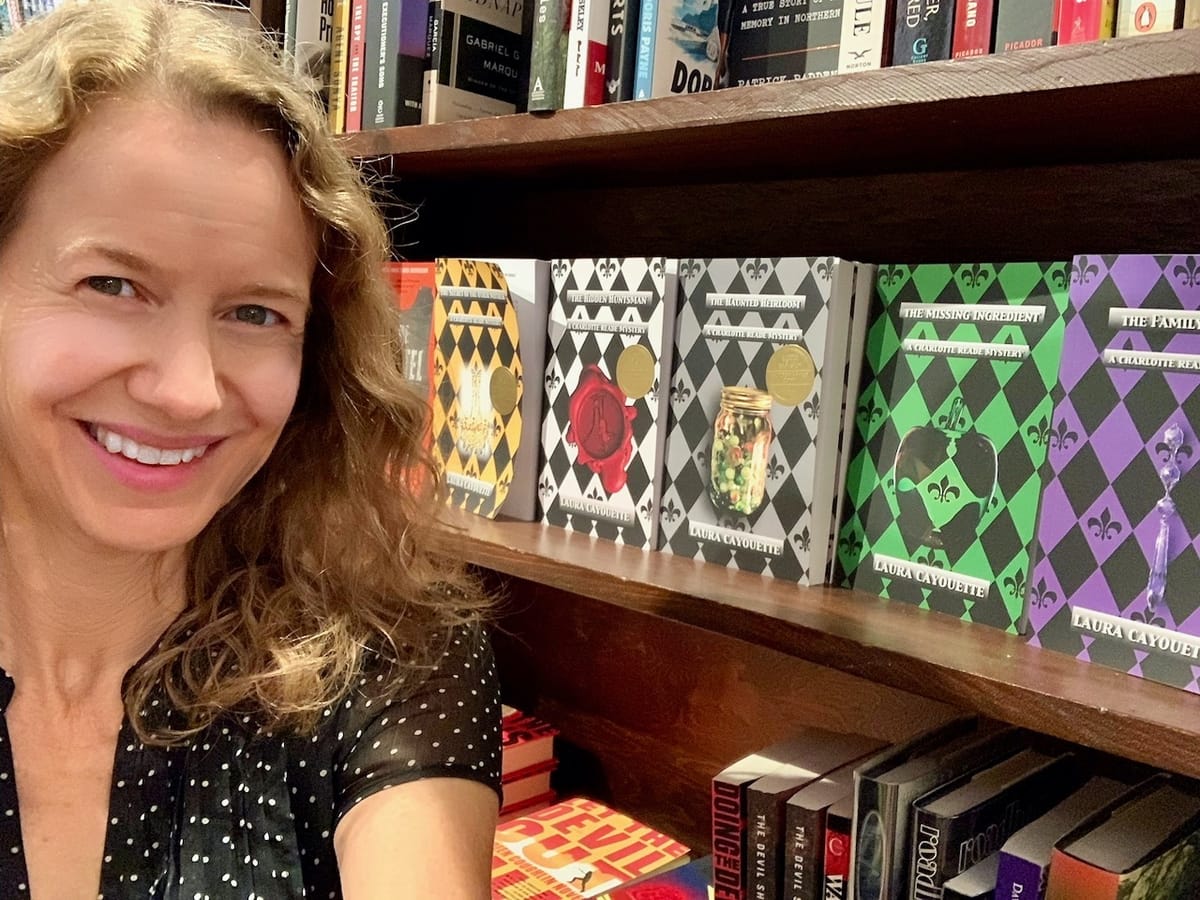
Every project starts with an idea. Most books start with a GREAT idea – an idea so compelling, you want to spend the time and energy it would take to turn it into something amazing. You may even be super excited to get started. Then what?
Client Andrew Reed shares how my process changed his life.
For most people, the process of turning an idea into a book, movie, or story of any kind can prove so frustrating and unknowable that they give up – or never even try. I'll be honest, even my master's degree in creative writing didn't tell me HOW to write something as potentially unwieldy as a book. At the Writer’s Boot Camp screenwriting program in L.A., I learned to get organized and turn a one sentence idea into a first draft in under 10 weeks. That (paired with my education and decades of meeting creativity deadlines in film and TV) changed everything!
I’m currently working on my ninth book – the first of a 2-book fiction series. But whether I’m working on fiction, nonfiction – books or screenplays – I always start the same way. Like at Writer’s Bootcamp, I begin with a Mission Statement.
What is a Mission statement?
A Mission Statement is basically a statement of intent meant to help clarify your idea and motivate you to see it through. The statement answers two main questions about your idea. Where are you going and why?
If you’re writing a how-to pamphlet for work, your mission may be as basic as – I want to do my job so I can get paid. But for most of us, the reasons can be far more complex and filled with emotion.
Get a subscription to the Writing Unblocked Newsletter and get the Writing Unblocked ebook as my gift to you!
Where are you going and why?
When we start a new project, we're often excited to get going. We feel passionate and energized. The Mission Statement is meant to capture that passion while it's still fresh.
I ask myself questions that focus on the purpose of turning this particular idea into a story. I try not to censor myself at first – just write everything that comes to mind about what I want the project to be. I write down themes, potential societal impact, and why the topic matters. I may mention characters I'm excited about bringing to life. I discuss my overall vision for the project – is it part of a series? My first time trying something?
Like most journeys, it’s best to start with knowing your destination. Your finished project may end up being very different than you had originally conceived, but it's important to capture the spark that started you down this path.
Why this idea?
The longer it takes to complete a project, the harder it can be to stay engaged and finish. Sometimes just the idea of taking on a project as time-consuming as a book is enough to stop the idea from becoming a story of any kind. Before trying to turn your idea into a story, it's important to remember why this idea excites you. Answering these 3 questions helps clarify your mission and keep you motivated:
1. Why does this book matter?
It can be hard to stay focused and enthusiastic for the entire experience of writing a book. Research alone can take years. In moments of fear, doubt and frustration, it helps to remember the mission. Why are you writing this particular book? What sparked the idea for you? What made you passionate about the concept? What might it change, teach, or fix? Are you the first to write a book on a particular topic? Have you proved a theory? Are you exploring a topic in a new way? What's special about your idea?
Don't censor yourself. Write down everything this question brings up for you.
2. Who am I writing for?
Maybe your book is meant for people pursuing your career, or surviving the same medical issues you faced. Maybe it's for lovers of alternative historical romance, horror aficionados, or first-time parents needing baby books. Who might it help and how? Who might love your story and/or characters and why?
Ultimately, it's best to write for yourself first. Make sure you at least include yourself on the list of potential readers. Ask – What story do I want to read? What did a less experienced version of me want to read on this topic? Why would I love this book?
No book is for everyone and it's difficult to predict who will love your work. Write for people who care about what you care about.
3. What do I hope to achieve?
Answering this question can be as fun as answering what you'd do if you won the lottery. Get wild. Think big. In the beginning, your project could become anything! Anyone in the world might read it. Critics might love it. You could end up on the talkshow circuit. Your bills might get paid without a job. Publishers might even have a bidding war over you. Your characters could be played by movie stars in a franchise that lasts decades. You could win the National Book Award and lead the New York Times Best Sellers list – your imagination is the limit!
Once you have some achievements listed for yourself, ask what you hope to achieve for your readers. Do you want to help people avoid the mistakes you've made? Make readers laugh? Shine light on a marginalized group of people? Guide readers through a process? Comfort people? Save readers time and money?
The world has its own definitions for success. Your Mission Statement helps create some concrete measures of your personal success.
Get a subscription to the Writing Unblocked Newsletter and get the Writing Unblocked ebook as my gift to you!
Pinpoint your passion
I'll be honest with you, if you've come to these questions thinking – I don't know who would want to read my book or what they'll get out of it – your idea is probably not strong enough to sustain an entire project. You might want to spend more time on your concept before spending time writing.
If you've come to these questions thinking – this seems like too much work – remember that these questions are actually designed to save time and effort down the road. If you're already running into resistance to doing work for this particular idea now, imagine how resistant you might feel in a few months – or years!
The practice of writing the Mission Statement helps you to get clear about why you’re taking on this project. And if that day ever comes when you want to quit or delete the whole thing – your Mission Statement will remind you why this book mattered to you at some point.
I'm not going to say writing is easy, but it can be very rewarding. Focusing on the passion that sparked your idea originally sets you up for some of those rewards. Because I love my topic, I love researching for my story. Because I love my characters and their journey, I look forward to spending time with them. Because I care about the themes of my story, I love finding new ways to express those themes. And because I know who I'm writing for, I have a few beta readers who represent a willing audience and cheer me on toward finishing.
Once you know your mission, it becomes easier to stay on course. Write on!
Actors and filmmakers, make sure you check out my Know Small Parts newsletter!
Please let me know if you have a question you’d like me to address. I’ll be selecting some of these questions for future newsletter topics (with an emphasis on topics that can benefit more than just the single individual who asked).
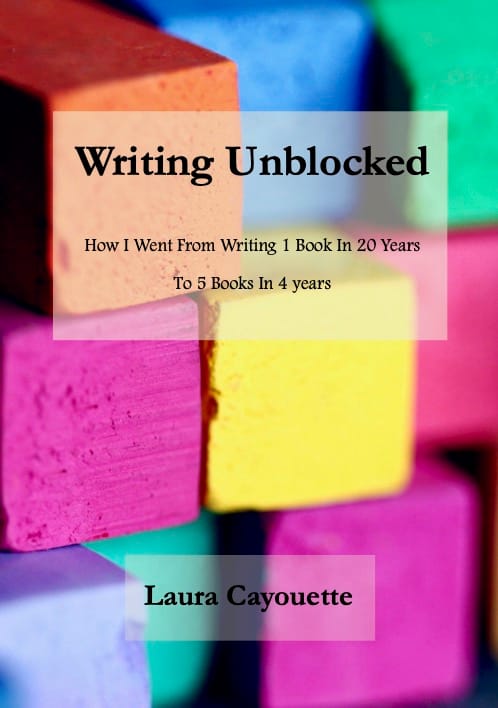
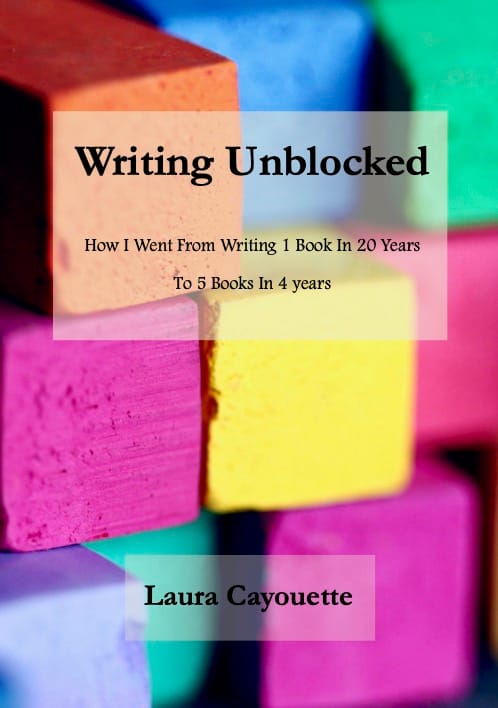
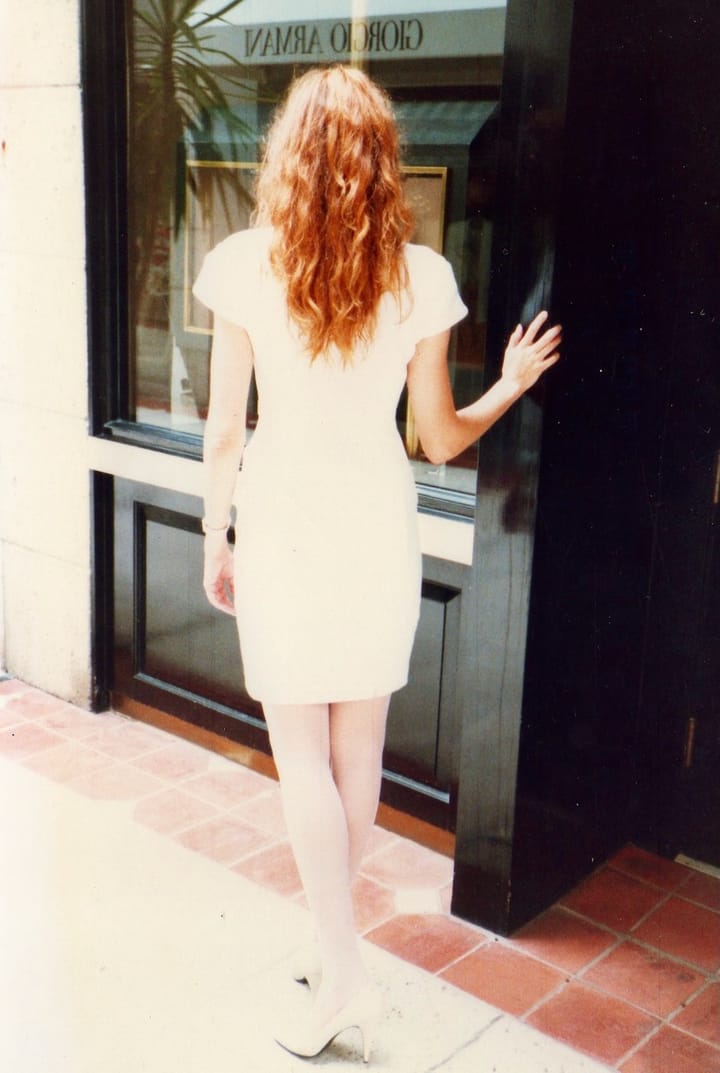

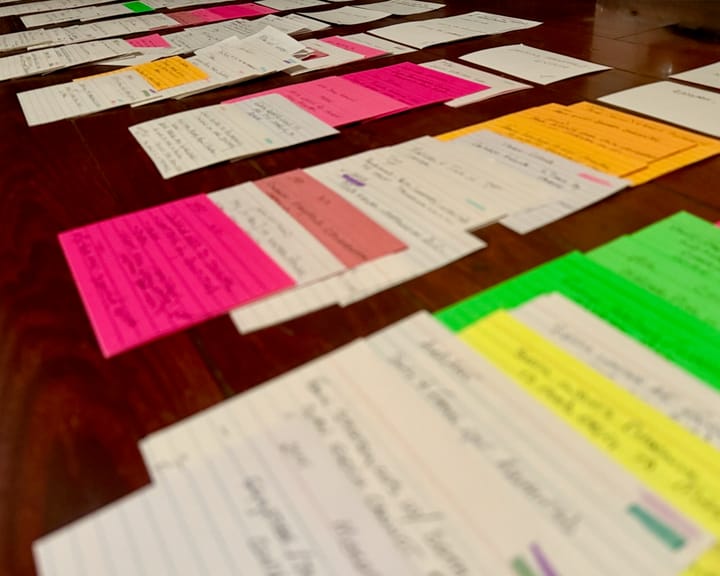
Comments ()